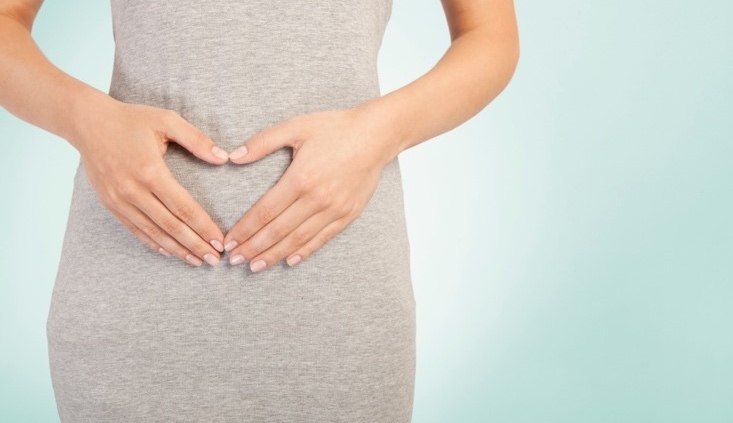What to Expect After IVF Transfer

In vitro fertilization (IVF) is a complex and emotional journey for couples who are struggling with infertility.
After the embryo transfer, there are several things to expect during the 2-week wait period before taking a pregnancy test.
In this article, we will explore what to expect after IVF treatment, including common symptoms, recovery tips, and advice for coping with the emotional ups and downs of this journey.
Whether you are considering IVF or have already undergone the procedure, this guide will provide valuable information to help you prepare for what comes next.
What to Expect Directly After an IVF Transfer
While everyone’s IVF journey is unique, there are common factors you may face after IVF treatment.
Here are some of the most common things to expect after your IVF procedure:
1. Spotting and Cramping
It is common to experience light spotting or mild cramping after an embryo transfer. The procedure can irritate the uterine lining, leading to light bleeding. In addition, mild cramping can be caused by the embryo implanting itself into the uterine lining.
2. Hormonal Changes
IVF involves using fertility medications to stimulate egg production, which can cause significant hormonal changes in the body. After the transfer, the body may experience hormonal fluctuations, which can cause mood swings, headaches, and fatigue.
3. Rest and Recovery
It is important to take it easy after the embryo transfer to give the embryo the best chance of successful implantation. It may be recommended to be on bed rest for a few hours or even a day after the procedure. It is also important to avoid strenuous exercise, heavy lifting, and sexual intercourse for the first 2 weeks after the transfer.
4. Pregnancy Symptoms
Some women may experience pregnancy symptoms shortly after the embryo transfer, such as breast tenderness, fatigue, and nausea. However, it is essential to note that these symptoms can also be caused by the hormonal changes associated with IVF and may not necessarily indicate pregnancy.
Understanding the Pregnancy Testing Timeline After IVF Treatment
Most doctors recommend waiting at least 2 weeks after the embryo transfer before taking a pregnancy test.
This waiting period is also known as the “2-week wait” and is crucial for the embryo to implant into the uterine lining.
Taking a pregnancy test too early may produce inaccurate results and cause unnecessary stress and disappointment.
Although 2 weeks is standard, following your fertility specialist’s recommendations regarding testing and the next steps in your IVF conception journey is best.
Expert and Personalized Care for Your IVF Journey
The period after IVF transfer can be a rollercoaster ride of emotions and physical symptoms.
It is important to stay positive, take care of your body during this time, and lean on your partner, family, and friends for support.
Remember, the goal is to bring a healthy baby into the world, and with the help of modern medicine, many couples can achieve this dream through IVF.
To learn more about what to expect after IVF transfer, explore your fertility options, or speak to a fertility specialist about your unique conception goals, contact us today.




